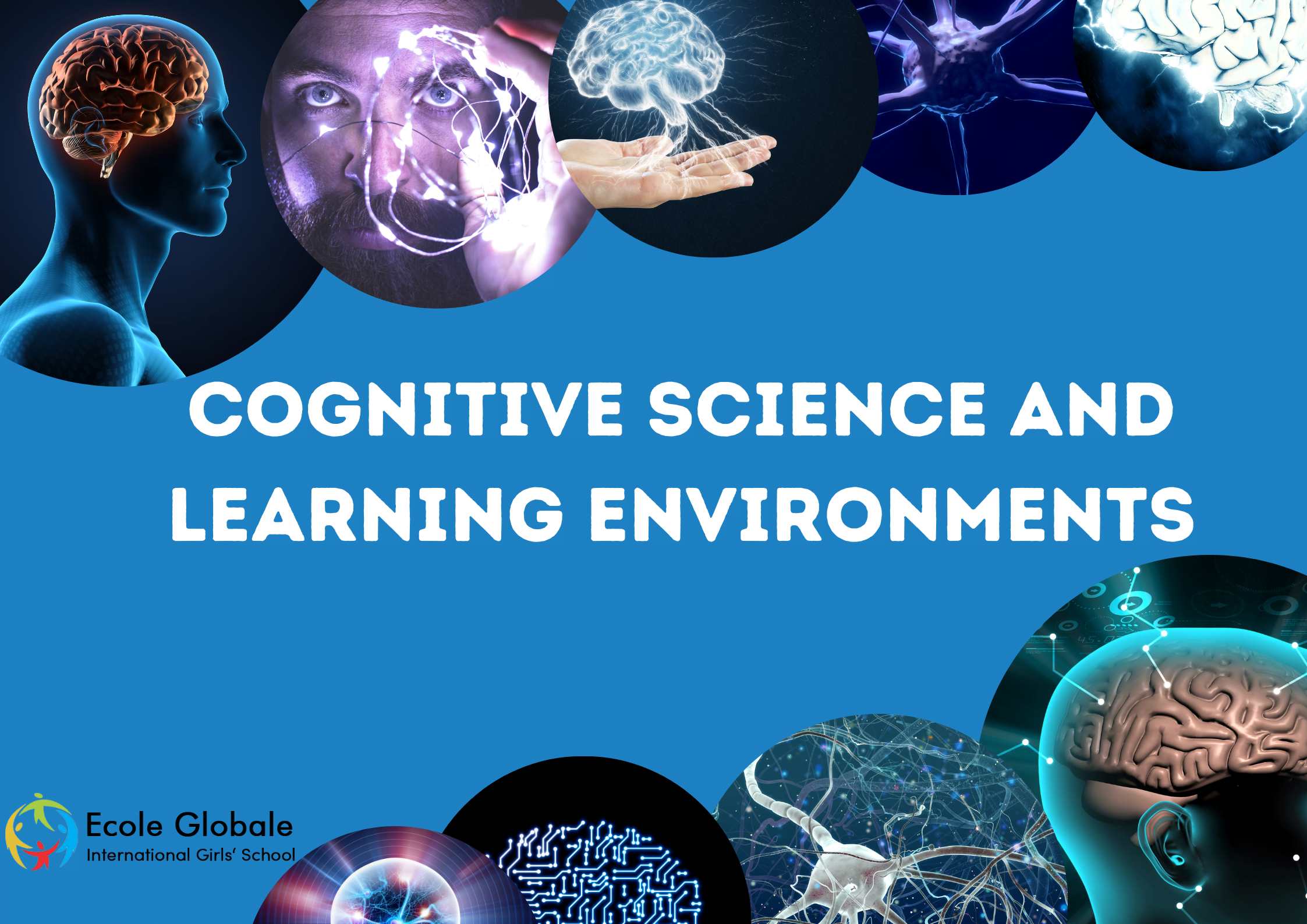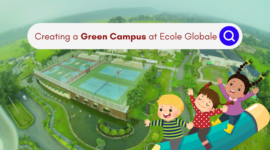Cognitive science is the study of how people think and learn. It is a multidisciplinary approach that draws from a variety of fields, including psychology, neuroscience, linguistics, philosophy and computer science. Cognitive scientists investigate topics such as perception, memory and attention; language processing; problem-solving; decision making and reasoning; learning how to learn, and designing intelligent machines that can act on the world around them.
Cognitive scientists have made many discoveries about the brain’s architecture that have helped us to understand how we think and learn. They have also developed theories and computational models to explain these processes.
The field of cognitive science began in the 1950s with researchers who wanted to understand how computers could be used to simulate human thought processes. The first major figure in this field was Herbert Simon (1916-2001), who won the Nobel Prize in Economics in 1978 for his work on decision-making under uncertainty. Today there are hundreds of cognitive scientists working across many different disciplines around the world studying all aspects of human behaviour from perception to language processing to emotion regulation.
A learning environment is a place where students can learn, grow and thrive. This could be at school, college or university, or even at home. A positive learning environment will help people to gain the knowledge and skills that they need to succeed in life. Schools and colleges need to create a positive learning environment as this will lead to better results.
Learning environments should provide opportunities for students to express their ideas and opinions freely, without fear of being judged or criticized by others. A good learning environment should also encourage students to be active participants in class discussions and activities so that they can learn from each other’s experiences as well as their own.
ALSO READ : Application of moral values in real life
Three Major Findings in Cognitive Science
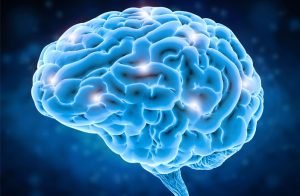
Cognitive science is a very broad field, but it can be broken down into three major areas: perception, language and cognition. In each of those areas, we have seen major advances in recent years that have reshaped our understanding of how the mind works.
1-Perception
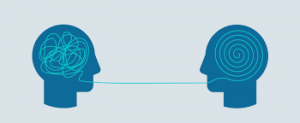
The way we perceive the world around us has been transformed by an explosion of new vision research. The discovery that neurons in the brain fire before they see anything has led to an understanding of how the visual system processes information ahead of time, which helps us make sense of what we see.
2-Language

More than anything else, language is what sets humans apart from other animals. But what exactly makes language so special? How did we develop it? A better understanding of how children learn language has helped researchers understand its origins and evolution, revealing just how complex a process it is — more complex than anyone could have imagined just a few decades ago.
3-Cognition
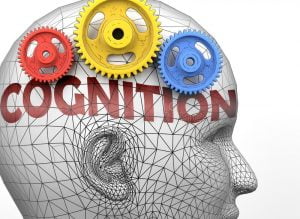
Finally, there are some basic questions about the nature of thought itself that cognitive science has helped us the answer: What exactly is consciousness? How does our brain generate ideas? How do we decide what things mean?
Learning in an Optimistic Environment

Learning is a time-intensive process, and it’s important to make sure that the environment is conducive to learning.
An environment can be influenced by several factors, including:
-The noise level in the room
-The temperature of the room (too hot or too cold can make students uncomfortable)
-The lighting (too bright or too dim may distract students from what they’re reading)
-The amount of space available for students to move around in (students may feel cramped if there’s not enough space for them to move around freely)
If you’re learning something new, it’s important to have a quiet and peaceful environment where you can focus. If you are distracted by noise or people around you, it will be harder for you to learn effectively. When choosing an environment for your next learning experience, think about how it will affect your ability to learn and pay attention to what is being taught.
Bring Cognitive Science Into Your Learning Experience
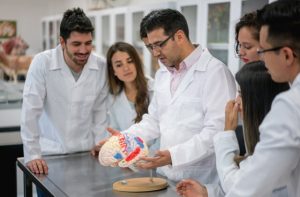
Learning spaces should be designed to foster student learning in all its forms and using the latest findings in cognitive science helps with this goal.
Cognitive scientists have discovered that humans learn best when they can integrate information from multiple sources, and when they can apply what they have learned in different contexts. This means that we need learning spaces that allow students to learn from each other, as well as from teachers. We also need spaces that allow students to apply what they’ve learned in new situations, rather than just repeating the same lessons over and over again.
When it comes to designing learning spaces, two main principles must be considered: meaningfulness and structure. Meaningfulness refers to how much a particular activity lends itself to learning; for example, if students are asked to write an essay about their favourite animal and then draw that animal on a piece of paper, it is far more meaningful than simply drawing an animal without having any context or purpose behind it.
Structured activities can be particularly beneficial because they help students organize their thoughts and create new neural pathways in their brains—this is one reason why so many schools use standardized tests as part of their curriculum: because these sorts of structured assessments help students better retain information.
Takeaway
The integration of the environment into learning settings and activities has received little attention in the literature, which is surprising considering how present our environment is in all aspects of our lives. The view of learning spaces as a collection of furniture isolates them from their surroundings, thus ignoring the very essence of place-based activities. Understanding that these spaces are complex entities made of social interactions, practices and meanings can open new possibilities for creating environments that enhance student engagement.
For any queries related to parenting, schooling, or any student-related tips, click here to check out our latest blogs






